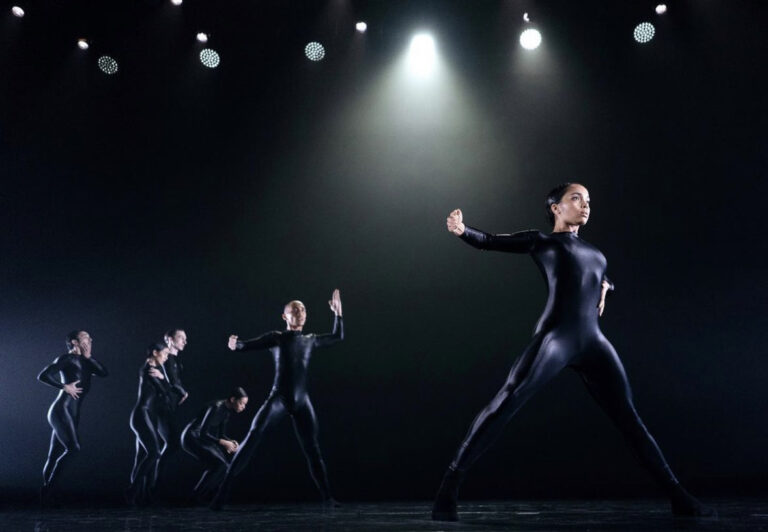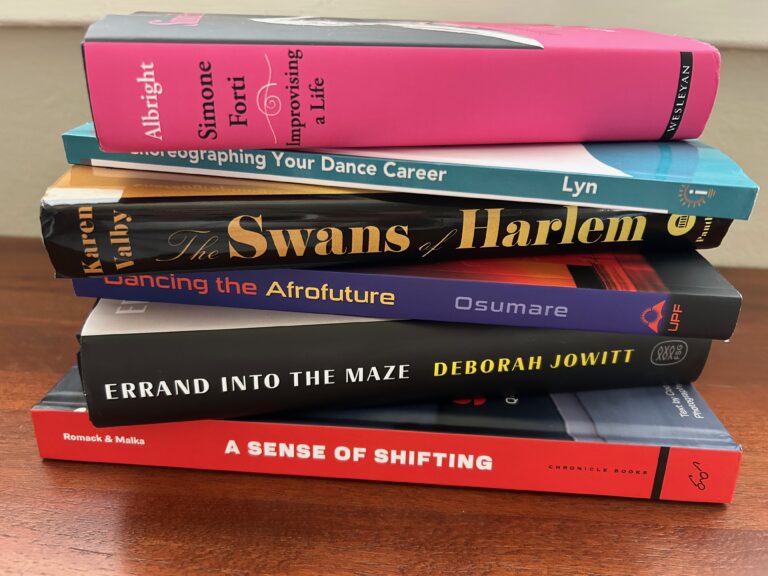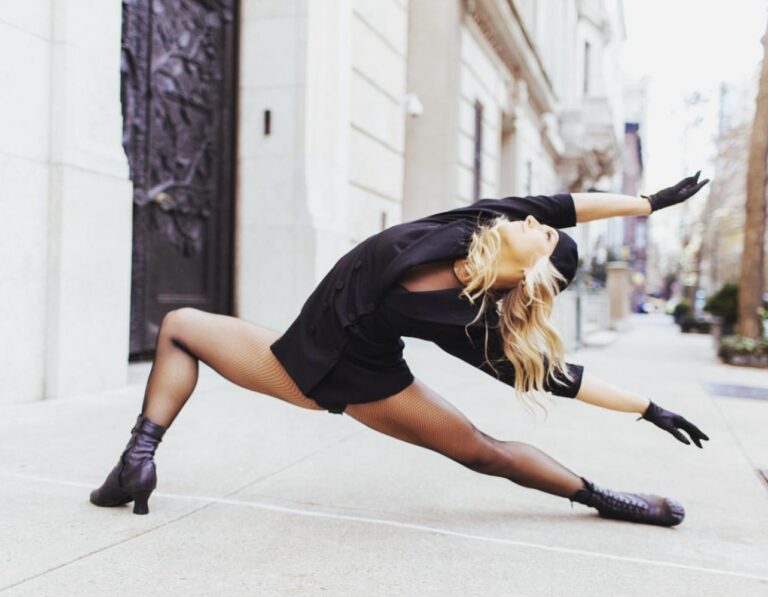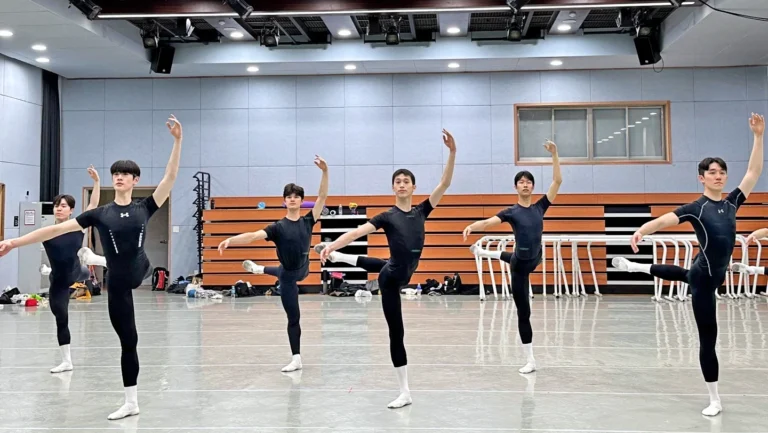
A parent comes up to you and requests their child be moved up a level, or that they wear a different costume, or that you should require everyone to wear masks. What do you do?
Because their children are so special and valuable, it’s not uncommon for parents to have concerns about policies at your studio. To help you manage their requests, three veteran studio owners/directors shared with Dance Teacher their techniques for accommodating anything from a student not celebrating Christmas to a parent wanting to observe class.
Honoring Religious Requests
Tiffany Prout-Leitao, owner and director of Center Stage Dance Academy in Plymouth, Massachusetts, once had a family that were Jehovah’s Witnesses anddid not observe many holidays celebrated in her dance classes, such as Christmas or Halloween. They came to her and expressed their concern over their child participating in holiday-themed dance activities, so she offered them solutions that fit their beliefs. “It could be a simple swap out on that dancer’s day where you use winter music and not holiday music so that child feels included,” she says. For Halloween, she gave the concerned family the week off, and credited them their tuition.
For Kim Luke, owner and director of Artistic Endeavors Dance in Salt Lake City, many students at her studio are Mormon and some attend a weekly church event called “Young Women” on Wednesday nights. Luke, who isn’t religiously affiliated with the Church of Jesus Christ of Latter-day Saints, learned she had to adjust her class schedule to accommodate her students’ church events if she wanted high attendance those evenings. “I [teach] older kids earlier and then the younger kids later in the evenings,” she says.

Heather Keckeisen, director of student development at the faith-based studio Acts 17:28 Dance in Brookfield, Wisconsin, faces similar challenges as Luke with the majority of her Christian students attending church events such as a Wednesday night youth group. But for Keckeisen, accommodating religious students requires more than just a scheduling change. She and her fellow directors screen all artistic choices to make sure they align with the studio’s mission, which families with Christian values tend to seek out. “If we find ourselves as a team questioning a costume, or piece of music, or choreographic move, we don’t do it,” says Keckeisen.
Making Safety a Priority
Many parents had opinions during the height of the COVID-19 pandemic on which masking policies were the safest, and both Luke and Keckeisen found their studio population split. “Fifty percent of the people said ‘We’re not coming if we have to wear masks’ and the other 50 percent said ‘We’re not coming if you don’t demand masks,’ ” says Luke. She ultimately decided to make masks optional for students, and if families were uncomfortable, they had the opportunity to go somewhere else. Additionally, some students might have chosen not to return to dance until they were comfortable, rather than switching studios.
Making decisions around masking policies and cleaning protocols helped Keckeisen and her team clearly communicate their safety procedures and accept the fact that some families may choose to go to another studio. “During COVID, we learned a lot and it helped solidify our position of being able to confidently say ‘This is our policy and we hope you come,’” says Keckeisen.

Prout-Leitao saw that many of her families were wary of returning to the studio post-COVID “because they had been protected under the safety of their own environments for so long.” To put parents’ minds at ease, she suggests studios have open viewing policies for their classes and use options such as observation windows and, if parents want to watch from home, Zoom or closed-circuit TV.
For teachers to apply what they learned during the height of the pandemic with regards to approaching safety in the studio, transparency is key. Prout-Leitao says “it’s really important to make sure that they’re getting that communication.” In order to make sure all parents know what’s going on, she communicates the same information via email, BAND software, and through a private Facebook group.
Maneuvering Level-Placement Pleas
What’s the best approach for talking with a parent who requests their child be moved up?
This all-too-familiar situation is common for Prout-Leitao, and she likes to be ready with clear answers. “We need curriculum and syllabi to back up our reason why,” she says, and will explain level placement to parents as a safety matter. For example, she’ll tell them their child can’t move up to the next level in acrobatics if they haven’t mastered cartwheels on both sides in the lower level first.

To have private conversations with parents about level placements, Keckeisen sets office hours during promotion season and encourages families to make appointments with her instead of catching her in between classes. “Whatever you say to a child, it’s best to say it to the child with the parent in the same room,” advises Luke.
Ultimately, “It’s about believing that you made the right choice for the child and helping the family to see that too,” says Keckeisen. She, Luke, and Prout-Leitao all agree that in certain situations where families don’t agree with your decision, another studio may be a better fit for them.





